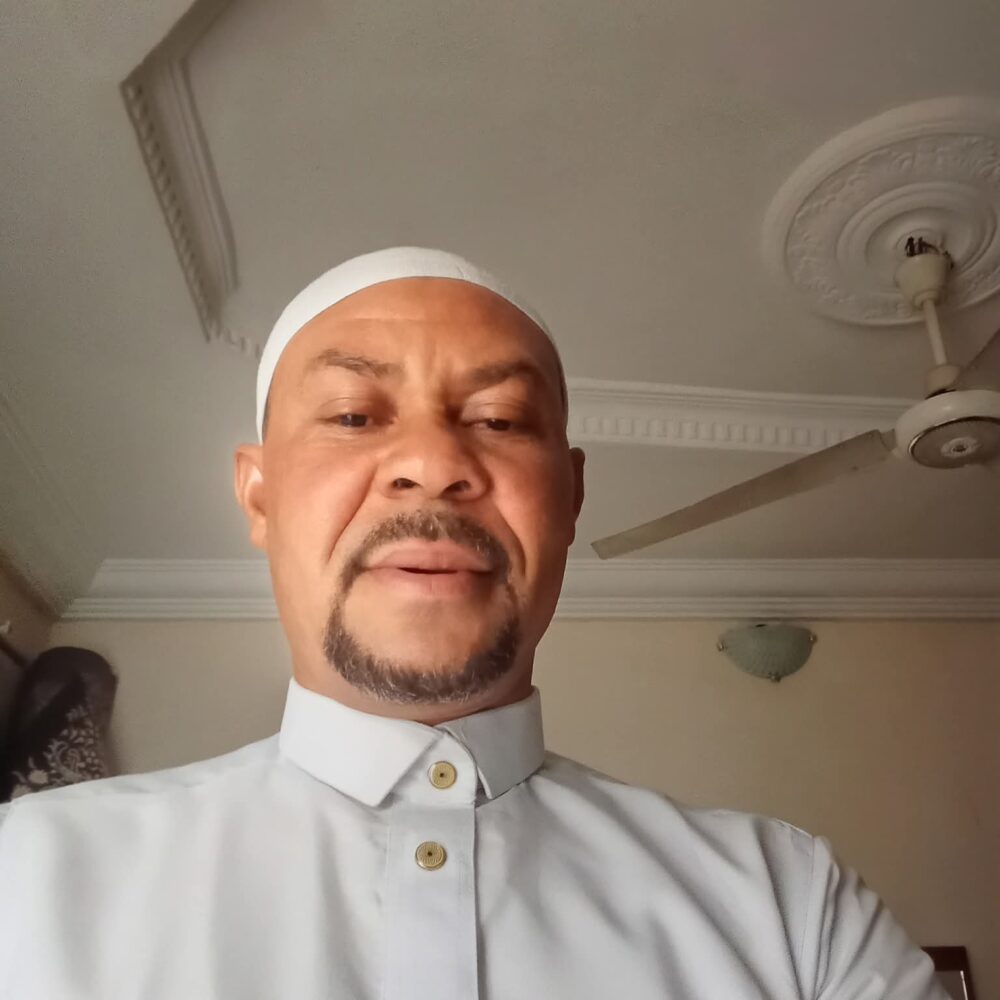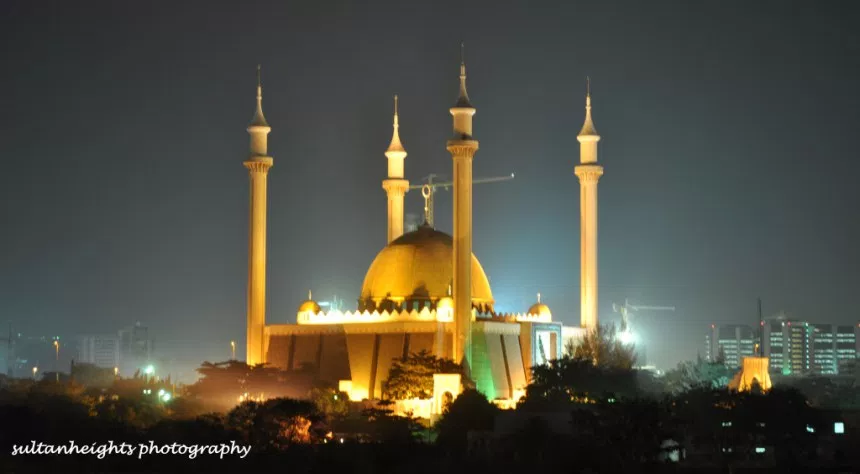1.0 PREAMBLE
The Nigerian Supreme Council for Islamic Affairs (NSCIA) convened a special extraordinary meeting of its Expanded General Purpose Committee (EGPC) with a view to appraising the state of the Ummah, considering the reports of its various committees and taking a position on the 2023 general elections.
The meeting was presided over by the President-General of NSCIA and Sultan of Sokoto, His Eminence, Alhaji Muhammad Sa’ad Abubakar IV, CFR, mni. It was attended by Muslim leaders across the country including the Deputy President General, NSCIA (South), Alh. Rasaki Oladejo; Secretary General, NSCIA, Prof. Is-haq Oloyede, CON; the former Secretary to the Government of the Federation, Alh. Yayale Ahmed, CFR; the Secretary-General of Jama’atu Nasril Islam (JNI), Dr. Khalid Aliyu; the Executive Secretary of the Muslim Ummah of Southwest Nigeria (MUSWEN), Prof. Muslih T. Yahaya; many Senior Advocates of Nigeria; senior Academics; Traditional Rulers; top executives; other eminent personalities and leaders of Islamic organisations from different parts of the country.
2.0 RESOLUTIONS
After extensive deliberations, the Committee resolved as follows:
1. Muslims should collect their Permanent Voter Cards (PVCs) as evidence has revealed that many Muslims who registered are yet to collect their cards.
2. Nigerians should freely choose the best candidates and vote those who will lead with justice, fairness and righteousness in line with our usual prayer, “O Allah, make the best of us our leaders, and don’t make the worst of us our leaders. Don’t make us, on account of our sins, be under those who will neither fear you nor be compassionate to us.”
3. The Federal Government should ensure free, fair, peaceful and credible general elections in 2023 by providing the necessary environment through adequate voter mobilisation and appropriate security measures.
4. Nigerians should evolve a standard process of electing not only eligible candidates but also suitable ones because the eligibility criteria are too general to the extent that unsuitable people ultimately get elected to the positions of authority. In essence, there is an urgent need to raise the bar of leadership in Nigeria beyond basic qualifications.
5. More Muslims should establish private universities for the educational development of Nigeria as a whole and Islam in particular because Muslim students in some private universities owned by non-Muslims are being subjected to religious victimisation and oppression.
6. The Supreme Court of Nigeria had affirmed the legality, legitimacy and rights of Muslims to hijab in compliance with Section 38, Subsection 1 of the Nigerian Constitution (as amended in 2011) which states, “Every person shall be entitled to freedom of thought, conscience and religion…(either alone or in community with others, and in public and or in private) to manifest and propagate his religion or belief in worship, teaching practice and observance.” Therefore, Muslim women should feel free to wear their hijab and no person or institution should discriminate against them.
7. The Committee condemned the negative activities of accidental Imams’ and ‘emergency Sheikhs’ who promote hatred, disunity and dissension in their mosques and on the social media. The Committee also warned Muslims to be wary of their antics as they do not represent Islam or Muslims.
8. The Committee called on the federal government to make available financial empowerment opportunities in the country and thereby tackle the challenges of poverty and unemployment in the society. It also enjoined Muslims to key into the available opportunities.
9. As Muslims are being profiled and killed in what appears as ethno-religious cleansing in the South East by some non-Muslims which is evident in the recent confessions by some individuals, the Committee called on security agencies to do more to protect the lives and properties of Muslims and bring the perpetrators of such killings to justice.
10. The Committee expressed serious concern about the general insecurity manifesting in terrorism, banditry, kidnapping and ritual killings all over country. It also called on the federal and state governments to work harder on securing Nigeria from the rampaging criminals.
11. The Committee appreciated General Buba Marwa for the excellent job he is doing at the National Drug Law Enforcement Agency (NDLEA) and urge government at all levels to provide more equipment and morale boosting programmes to support the agency in its noble and strategic mission. It should be noted that there is high correlation between drug abuse and violent crimes, including kidnapping and banditry, being witnessed in the country.
12. Parents, Muslims in particular, should be watchful of their children, spouses and relatives. They should not hesitate or feel ashamed at any time to expose any drug abuser for timely attention.
13. The Committee commended the leadership of its President-General and Sultan of Sokoto, the two Deputies President-General, the Secretary General and the Secretariat in representing and defending the interest of the Nigerian Muslim community.
14. The Committee received with utter shock the news of the death of some Muslim sisters who were involved in a ghastly accident in Shagamu, Ogun state, on their way to a training programme. The Committee commiserated with the late sisters’ families, their organisation and the Muslim ummah at large while praying that Allah admit the deceased to Aljannah Firdaos and grant the injured complete recovery.
15. The Committee directed all Muslims to pray fervently to the Almighty Allah for peace, security and wellbeing of Nigeria and for the success of the 2023 elections and the population census.
Signed this day, Wednesday 4th Jumadah Thaniyah 1444/ 28th December 2022 at the National Mosque, Abuja.
—————————————————
Prof. Is-haq O. Oloyede, CON, FNAL
Secretary General, NSCIA
———————————————
Arc. Zubairu Haruna Usman-Ugwu
Director of Administration, NSCIA





